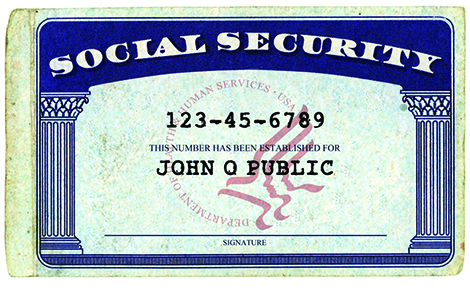Median home equity $250k for homeowners 65 and up
Homeowners 62 and older saw their housing wealth increase by $600 billion nationally to $14 trillion, according to the latest quarterly release of the NRMLA/RiskSpan Reverse Mortgage Market Index.
Growth in senior homeowner’s wealth was largely attributable to an estimated 3.97 percent (or $624.6 billion) increase in senior home values, which was offset by a 0.89 percent (or $20.9 billion) increase in senior-held mortgage debt. Increasing house prices drove the index’s upward trend, mitigated to some extent by a corresponding modest increase in mortgage debt held by seniors.
According to the National Council on Aging, the median home equity for a senior homeowner age 65-plus is $250,000. This is 47 percent higher than equity levels pre-pandemic. Over 1.3 million older homeowners have taken advantage of reverse mortgages to tap into their home equity since 1990, reported the NRMLA (National Reverse Mortgage Lenders Association).
A reverse mortgage is a type of home loan that allows seniors to convert equity to cash to meet various financial needs. Homeowners must meet several basic eligibility requirements to apply, including being 62 or older and either own the home or paid off much of the original loan.
Housing costs represent roughly 25 percent of expenses for all Americans 65 and older.
Sources: National Council on Aging, an advocacy organization for older adults; National Reverse Mortgage Lenders Association, which represents lenders and housing counseling agencies; and Urban Institute, a researcher of housing-related issues.

